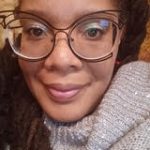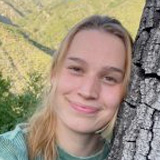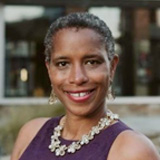Welcome Back
If you are a Program Participant, Program Facilitator, or JustFaith Network Member you are in the right place! Log in to see all your content.
Forgot your password?What our program participants are saying

I was a little skeptical of this program on my first day of the class; I was the only person of color and less than 50 years old and wondering if the course's material would even be relevant to my experience. I'm glad I stayed because I learned so much and was able to share so much of my experience and my community and the environmental justice work that I do from an urban perspective that opened the minds of all of my classmates. It was an awesome experience that I'd recommend to everyone.

Sacred Water inspired me to see the protection of our watersheds as a spiritual practice. The contemplative aspects of the class allowed me to confront difficult environmental issues out of compassion, rather than from a place of fear. This workshop integrates social justice, faith, science, and the importance of community as tools for healing our earth. I learned so much from my group members, discovering new ways to advocate for our watersheds and the people who depend on them.

Participating in and facilitating the "Want to Talk" program was a game changer for me. Effective communication is the key to understanding as well as the path to furthering deeper relationships and healthier conversations which can only lead to a more equitable society. The program has instilled in me a very intentional inner voice that prompts me to "practice the pause" before responding. I look forward to attending and participating in more JustFaith programs in the future. I would encourage everyone to do the same.
